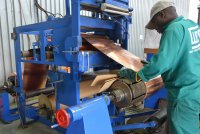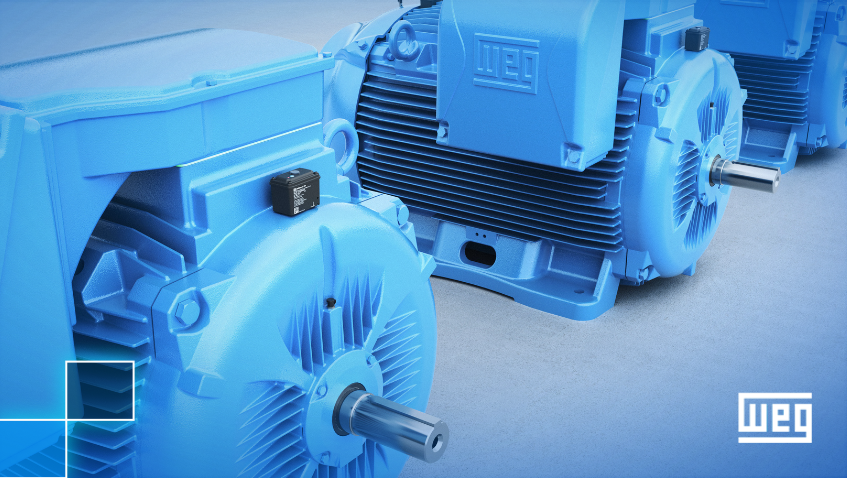
When companies invest in Africa by setting up production facilities here, they contribute far more than just finances, buildings and equipment; they offer their host countries a shortcut into the global mainstream, opening the doors to trade and development on an unprecedented scale.
According to Louis Meiring, CEO of the Johannesburg-based Zest WEG Group, by far the most important aspects of foreign investment are the access to global operations, the transfer of technology, and the ongoing training and skills upliftment.
Zest WEG Group is part of the global WEG Group, whose commitment to Africa is evident in its ongoing financial investment in local manufacturing operations.
“WEG initiated a programme to uplift the Zest WEG Group facilities to become world class,” says Meiring. “This puts our local manufacturing facilities onto an international platform so our products can be considered for international markets, including the existing WEG network of operations worldwide.”
He says Zest WEG Group will also use the WEG world network as a source for enquiries, to create business opportunities and bring much-needed international business to South Africa.
“This is all perfectly feasible through technology transfer, as we have the resources to skill and train our people,” he says. “Once again, however, there is more to technology transfer than just training.”
While technology transfer does include the upliftment of people’s ability to design or engineer products, it is also about the benefit of lessons learnt in the process of research and development (R&D).
“These lessons, which have been learnt by the WEG Group through decades of experience, will have an immeasurable impact on our local operations, due to the high levels of R&D already conducted,” says Meiring. “This technology is then transferred to the local operation without us having to incur the cost or the time to develop it.”
This process includes the vital aspect of how to produce the product using best practice methodologies, such as lean manufacturing, so special skills must be transferred and developed in South African industrial facilities.
Zest WEG Group has long been an active player in skills upliftment, with a reputation for the quality of its training centre and training programmes; all of which are accredited by the relevant authorities for the provision of continuous professional development (CPD) points.
“We conduct training not only for our own staff but for our customers too,” Meiring says. “We see this as vital in addressing the skills void in various segments of the electric motor sector; created during the late nineties and early 2000s when the role of artisan was not considered to be a career of choice.”
He says that, as a committed partner and the leading manufacturer of electric motors worldwide, WEG has continued the training ethos long established by Zest WEG Group. Its training interventions extend beyond South Africa to other African countries, with the training officer regularly travelling across the continent to ensure that the relevant technology is shared wherever necessary.
“As an African nation, we need to be able to access to the necessary skills sets locally, so that we become less dependent on foreign nationals to provide critical skills,” says Meiring. “As a modern economy, we also need to maintain the costly capital equipment installed in many sectors of South African industry and the lack of these skills can play havoc.”
He emphasised the importance of skilled and regular maintenance to extend the life cycle of any equipment, arguing that industrial inefficiencies are, more often than not, the result of poor maintenance or no maintenance at all.
“Part of the investment in skills is to educate those who operate and oversee equipment about the critical nature of proper maintenance,” says Meiring. “When this change in mindset occurs, we will know we are on the correct path to economic success.”
The focus on skills is not only on the technical side of industry, but should also extend to management capacity; sound managerial skills are needed to ensure that high levels of technical ability are properly implemented in the work process, and that productivity is maintained.
One of the most welcome benefits of economic investment is clearly the creation of jobs within the new manufacturing facilities created; it should be remembered, though, that jobs are also created indirectly.
“This is the peripheral knock-on effect of investment, which is equally as important as the direct investment in the facility and the plant and equipment,” says Meiring. “To ensure that we harness the positive impact of indirect job creation, we also engage in supplier development activities to strengthen our downstream partners and provide access to the economy.”








